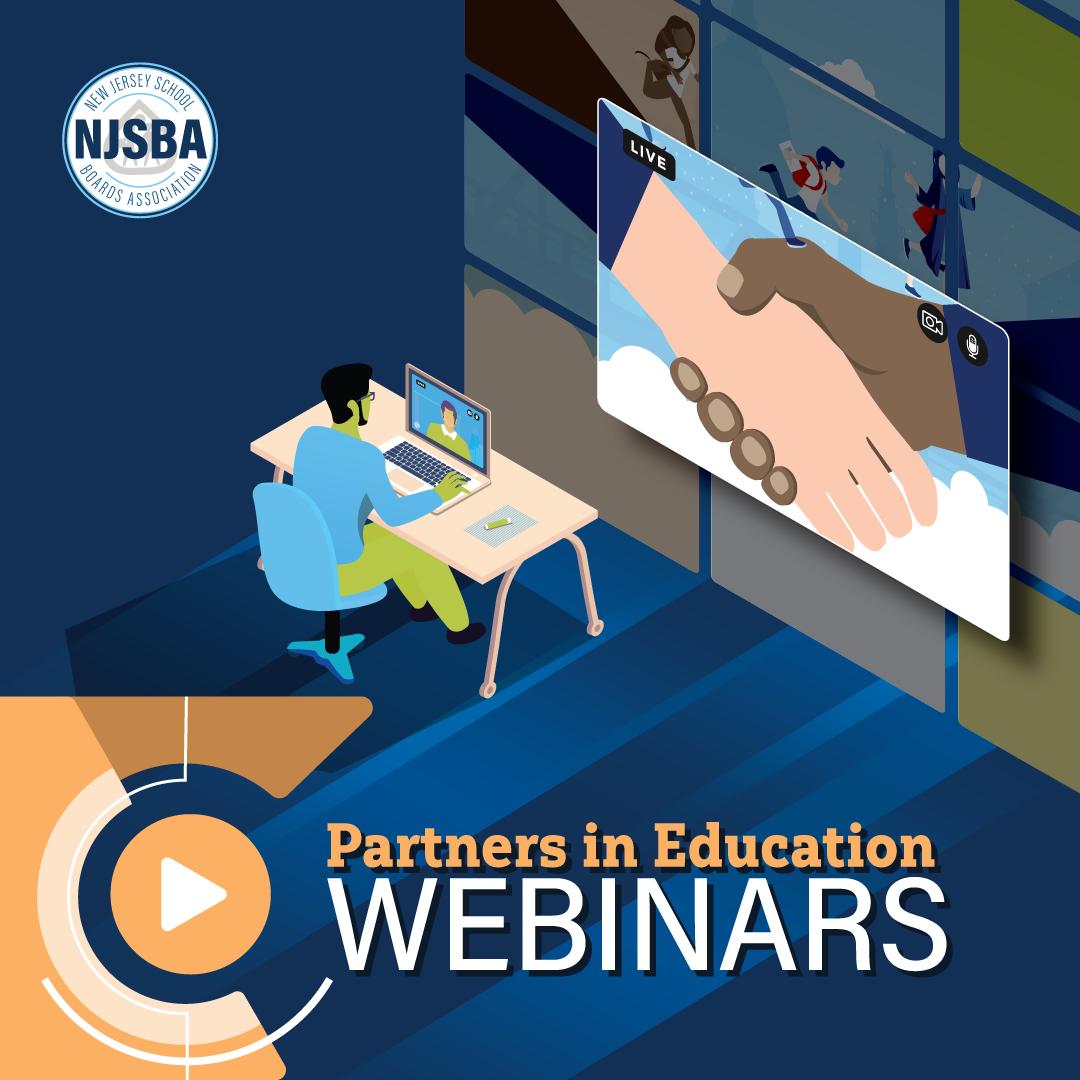The U.S. Department of Education issued a news release calling on every state, district and school to adopt policies that guide the use of student personal devices in schools, and also made available a new resource, “Planning Together: A Playbook for Student Personal Device Policies,” which offers a model process that education leaders can use to design policies for the use of cell phones and other personal devices in schools alongside educators, students, parents and caregivers. It provides a set of step-by-step practices for building shared understanding of the needs and concerns surrounding cell phones in a school community, and recommendations for addressing them through clear and consistent policies.
“In this digital age, every elementary, middle, and high school should have a clear, consistent, and research-informed policy to guide the use of phones and personal devices in school,” said U.S. Secretary of Education Miguel Cardona. “I want our department to be a resource to school leaders. That is why we are issuing a new guide to help support education officials and local communities in developing policies that are understandable and enforceable, and prioritize learning while ensuring student safety. The evidence makes clear: there is no one-size-fits-all policy. Different school communities have different needs, and the nuances of this issue demand that local voices – parents, educators, and students – inform local decisions around the use of personal devices in school.”
Although we know that phones can play an important role in helping parents keep in touch with their children, especially in emergencies, a growing body of evidence is cause for concern about the impact of cell phones in schools and on our young people. In addition to impacting the ability of students to stay on task and focus during class, social media accessed on cell phones may also have negative health effects for some young people like depression and suicidal ideation, sleep disruption, or exposure to cyberbullying.
The prompts in the playbook released today are designed to support every school, school district, or state to develop a policy that fits their local context – including policies that further restrict or prohibit the use of devices during school time. It includes examples and resources around cell phone policies, as well as additional reading to better understand the student personal device issue, sample device policies from across the country, and additional considerations for the development and implementation of personal device policies. Additionally, this resource makes clear that schools, educators, students and parents share responsibility for preparing students to be good “digital citizens” who can navigate the digital world responsibly and constructively – alongside the implementation of any policy.
This resource was developed in response to the May 2023 White House Fact Sheet announcing actions to protect youth mental health, safety, and privacy online. The process outlined in this playbook helps to ensure that new personal device policies are informed by the perspectives, experiences, and needs, and of educators, students, parents, and other members of the community – a key recommendation from researchers and practitioners.
Additional Reading
The summer 2024 issue of School Leader, the quarterly magazine of the New Jersey School Boards Association, included a feature article titled “Schools Strive to Strike the Right Balance with Cell Phone Policies.“
The NJSBA’s Policy Department also has an array of insights and resources that it can share with schools studying how to develop a cell phone policy upon request.


